

In recent years Aveve Retail has significantly strengthened its retail concept. The Belgian retailer has taken some unconventional steps to achieve this.
With annual sales totalling over €1 bn and a workforce of more than 1 600 people, Aveve is one of the 100 biggest companies in Belgium. The group of approximately 50 companies is regarded as Belgium’s undisputed market leader in agricultural and horticultural supplies. While these operations relate purely to the business-to-business sphere, Aveve is also active in the retail market through its company Aveve Retail, which currently has 247 stores. Of these, 53 are operated by the company itself and the rest by independent franchisees, with which the head office of Aveve Retail cooperates closely. 205 outlets are in the Flemish part of Belgium, 36 in the Walloon Region and six in the Netherlands. Aveve acquired the latter a few years ago through the takeover of a garden centre operator. In the next few years Aveve Retail intends to concentrate entirely on the Belgian market and has no plans to expand further abroad, therefore. Aveve’s stores are categorised into three formats depending on location and retail area size. In rural areas, the Aveve store is primarily a local store covering the garden, pet and home segments, with an average retail area of approx. 400 m². Outlets with an average retail area larger than 1 500 m² are operated under the name Aveve Plus, mainly in locations close to cities. These offer a much larger range than the local stores and normally have an outdoor area featuring a large stock of plants. The Aveve Plus format has been favoured in recent years for new store openings. The differences in range between the two formats are clear not only from the size of the retail area but also from the number of products offered: local stores stock between 5 000 and 6 000 SKUs, while the bigger stores have around 12 000 SKUs, i.e. more than double the number. A city concept is still in the pilot stage and is currently being trialled in the city centres of Antwerp and Leuven. In contrast to the normal Aveve stores, only a basic range of garden and pet products will be offered under this concept. With regard to pet food, these will be primarily fast-moving products – private labels and in particular leading brands, but only in small pack units. This is in marked contrast to the other store formats, in which bulk goods are strongly in demand among rural customers. Special importance is ascribed to the interior design for the city concept: tasteful decoration and themed presentations will create a boutique atmosphere, and the “baking area”, which is a…
Related articles
Read also

 Menü
Menü

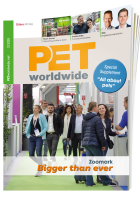




 5-6/2011
5-6/2011
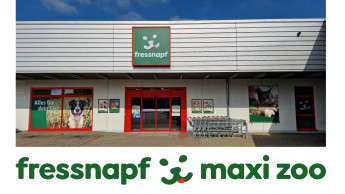
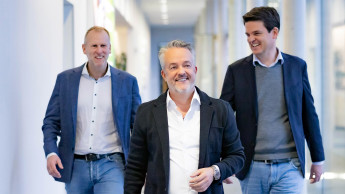

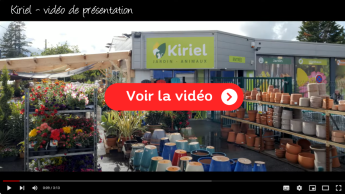
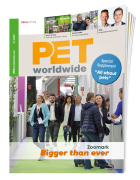
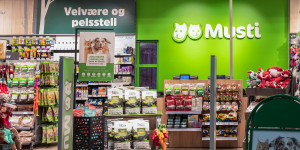
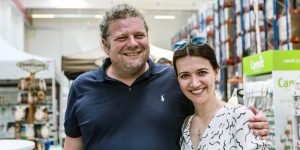
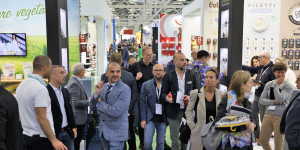

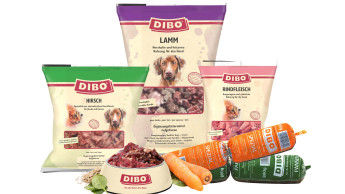
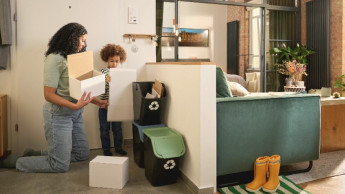
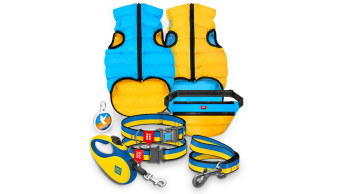
 Newsletter
Newsletter